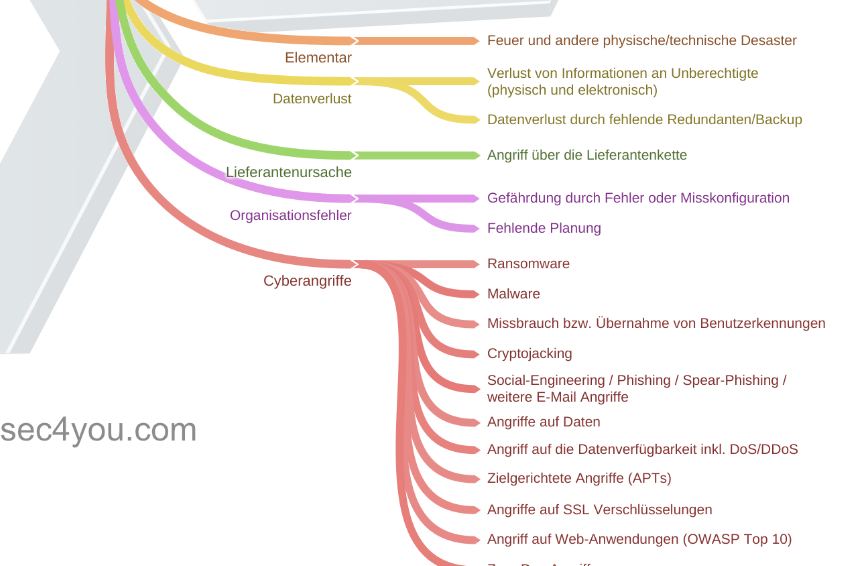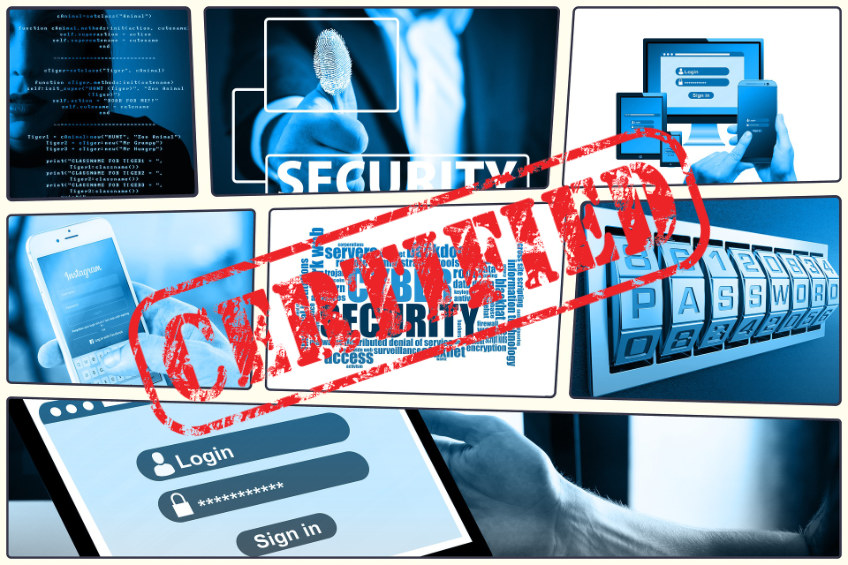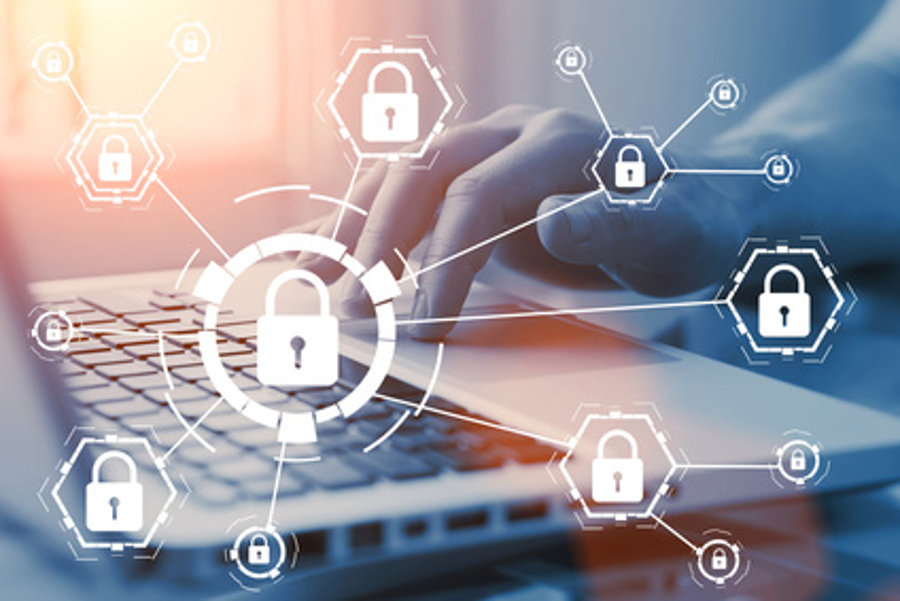Fake emails are used to spread malware and trick recipients into revealing sensitive information. Do not fall into the trap and be skeptical of unknown senders. Hence the advice to “Think before you click!”.
Typical deceptions that can cause harm by a click / click:
- Letter from the bank to update the account data, for this purpose on a deceptively real fake website your access data are requested and also TANs or mobile TANs.
- Letter that you have won millions, and you should contact a dubious email address or website.
- A letter about a large inheritance from a lost uncle/aunt from overseas. You are asked to transfer a few hundred or thousand euros in advance to settle the inheritance.
- Invitation to download software to make the PC faster or to update important drivers.
- Invitation from Amazon / eBay or similar to update the user data
- Letters about unsuccessful delivery attempts from DHL, DPD, FedEx, Hermes to lure the user to a virus-infected website.
- Deceptively genuine-looking letters about reminders or bills from your own electricity or gas provider, with a virus or ransomware in the attachment
- E‑mails from your own printer / scanner with virus-infected content.
- especially dangerous: e‑mails from known colleagues or the boss with instructions to do one’s own work, e.g. pay bills or use one’s own passwords. The e‑mail comes from outside the company, and not from the known communication person. Better to check by phone!
Unfortunately, this list is not complete, as attackers and cybercriminals have new ideas to deceive users every day. Therefore, think before you open an email and perform an action! Or: Think before you click!
A list of all security awareness tips from SEC4YOU can be found in our sticky notes.







